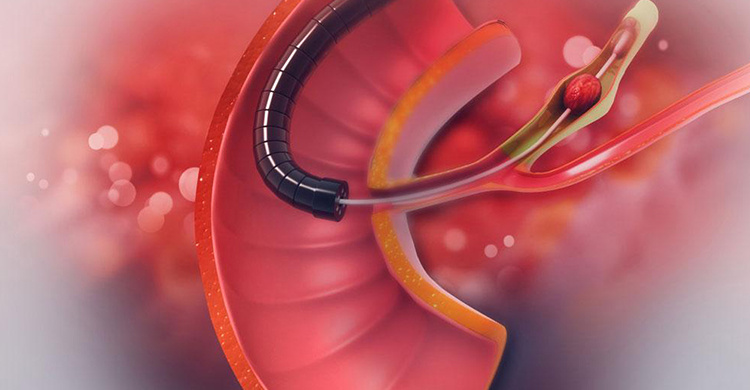
Gallstones are the accumulation of digestive fluid that has solidified and can develop in the gallbladder. For digestion, your liver produces bile, which is stored in and released by your gallbladder. Wastes like cholesterol and bilirubin, which your body produces as it breaks down red blood cells, are also carried by bile. Gallstones can develop from these things. The size of a gallstone can vary from a grain of sand to a golf ball. While some people only have one gallstone, others may experience many at once.
Gallstones can be formed mainly for three reasons:
Normally, the chemicals in your bile are sufficient to break down the cholesterol your liver excretes. However, if your liver excretes excess cholesterol, than your bile can break down; it may crystallize and eventually become a gallstone.
A substance called bilirubin is created as part of the regular breakdown of red blood cells. Following creation, it moves through the liver before being eliminated from the body. Your liver may overproduce bilirubin under certain circumstances, such as liver disease and some blood diseases. When your gallbladder cannot break down the extra bilirubin, pigment gallstones develop.
Bile may become extremely concentrated if your gallbladder doesn't drain fully or frequently enough, which can lead to the development of gallstones.
The typical symptoms of gallstones include:
Your risk of gallstones may be reduced by making some lifestyle modifications like:
You won't need treatments if the gallstones occur without any pain or symptoms. Or, if your gallstone is very small, your doctor might give you some medications that can dissolve the gallstones without any harm. But this process might take months or years, depending on the size.
A bile salt can be used to dissolve certain gallstones; however, the method can only be used for stones made of cholesterol and not bile pigments. High-frequency sound waves are used in shock wave treatment, another non-surgical method, to break up the stones. After that, bile salt is given to help break up tiny bits. If all these non-surgical techniques don't resolve the issue, the doctor might suggest you undergo surgery.